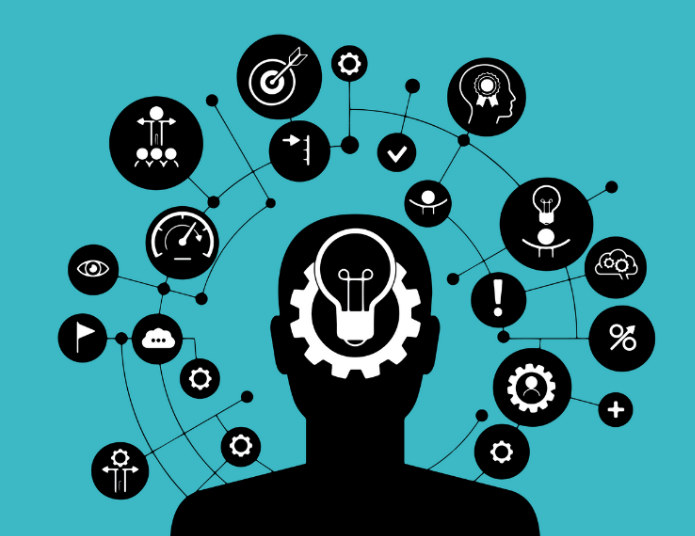The assertion that knowledge makes people unhappy is a thought-provoking claim that beckons us to explore the intricate connection between the pursuit of knowledge and human well-being. At a superficial glance, one might argue that ignorance is bliss. Unawareness shields individuals from the harsh realities of the world, sparing them from the weight of existential questions and the burden of awareness. However, delving deeper into this notion reveals a more nuanced relationship.
On the one hand, knowledge really is a fountain of discomfort. The more we know, the greater become what remains unknown. A sense of limitations and the overwhelming complexity of life can be a threatening thought, generating extreme existential angst or feelings of insignificance. But exposure to the above mentioned harsh truths about man, his society and our world can cast shadows across one’s optimistic heart. In addition, the search for knowledge often forces one to face those truths that people prefer not to think about. A certain kind of intellectual discomfort may soon result in cognitive dissonance, where new knowledge conflicts with existing belief-behind many people’s backs. Although this process is necessary for the development of a person, it does create temporary discomfort.
However, it is crucial to acknowledge the flip side of the coin. When knowledge is applied skillfully, it gives people power. It offers the means to manage life’s complexities, arrive at wise choices, and make a significant contribution to society. It is impossible to overestimate the gratification that comes from learning a new ability, grasping a difficult idea, or coming up with a creative solution. Moreover, curiosity and inventiveness are stimulated by information. Scientific, technological, and cultural developments that improve people’s quality of life individually and as a society are propelled by the quest of understanding. Happiness is enhanced when one engages in intellectual pursuits since it brings satisfaction and the delight of discovery. Essentially, there is more to the relationship between knowledge and happiness than meets the eye. Between the difficulties of awareness and the empowerment that comes with comprehension, there is a careful dance. Even if information can cause some anguish at times, it also acts as a lighthouse that points us in the direction of enlightenment, personal development, and a greater understanding of the complexities of the world.
In conclusion, the idea that having information causes individuals to be miserable is oversimplified. The quest for knowledge is a complex path that offers both rewards and obstacles. A more complex and satisfying understanding of the role that knowledge plays in our lives can result from accepting information as an essential component of the human experience rather than running from the discomfort that it may cause.

